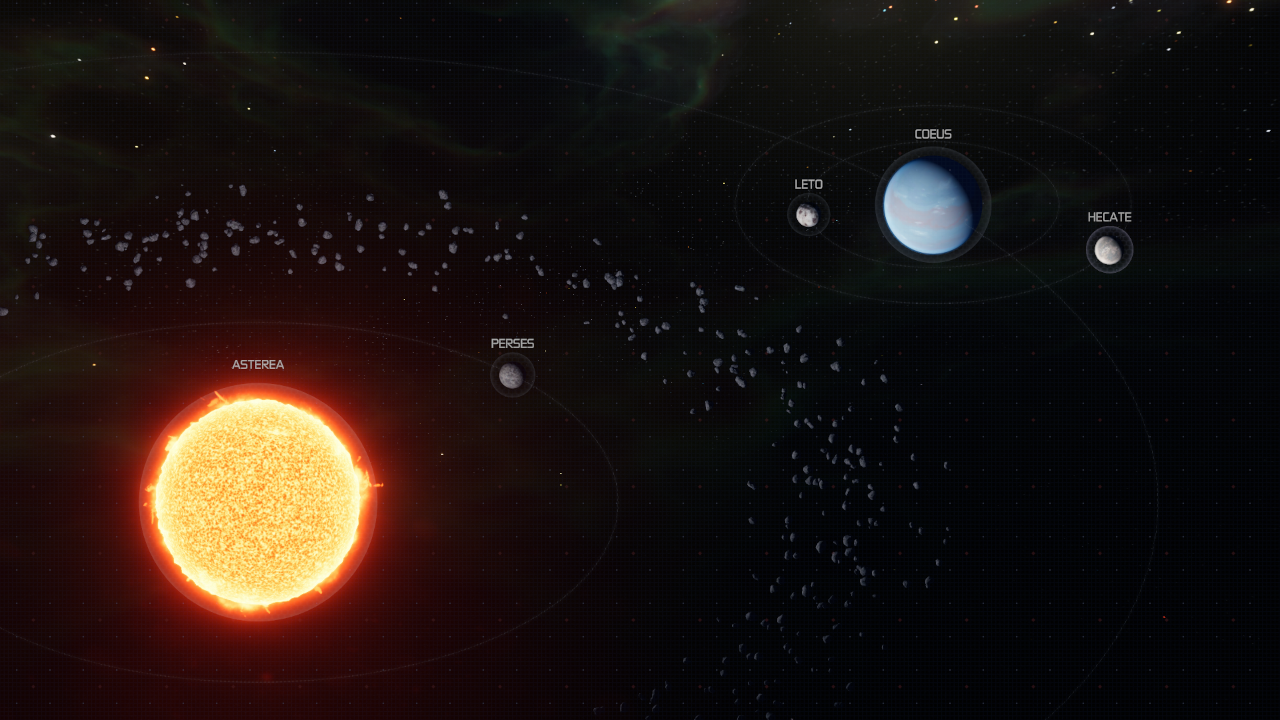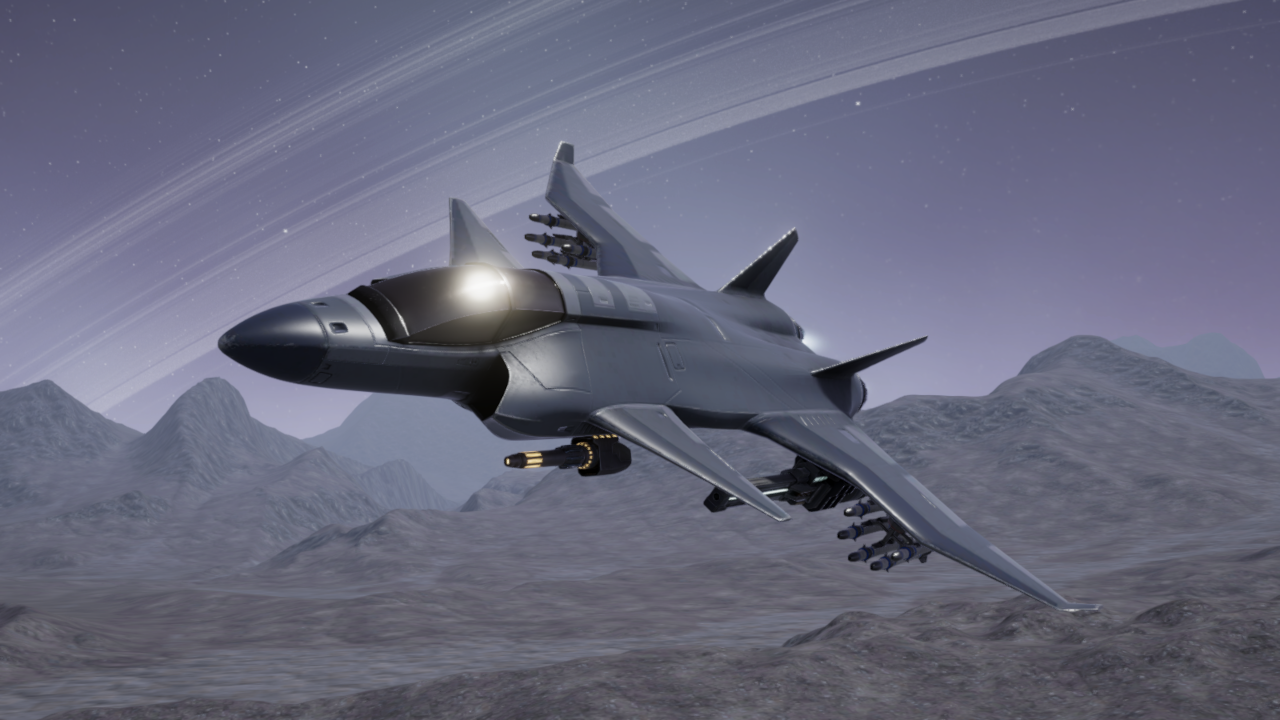Background of Planetguard
11 March 2022
When I was a kid, I had this game for PS2 called "Defender". Released in 2002 for PS2 and Gamecube, it is based on the arcade game of the same name, with a plethora of changes to make it into a full-fledged 3D space shooter. However, this version of Defender was not nearly as popular as its predecessor, quite possibly because of the massive differences between it and the beloved arcade version, as well as some insane difficulty in some cases.
But, as is typically the case with mediocre games you play as a kid, I really enjoyed Defender. It was hard as hell and some of the later missions were enough to leave you drenched in sweat from stress and adrenaline as you barely manage to complete each objective. It took me years to actually beat the final mission. I was also a little bit of an astronomy nerd, so the fact that the game takes place throughout various moons and planets of the Solar System really interested me.
Fast forward many years and Defender still manages to hold a special place in my heart. So special that, as I learned how to make games, I always had the idea of making a kind of spiritual successor to it. I wanted to take what I liked and expand upon it. I wanted to take what I didn't like and try to fix it. Now, with almost 10 years of experience working on games, I thought that I could actually pursue this idea.
The Good
Probably the game mechanic of Defender that struck me the most was the strategy element. In Defender, while you do fly solo, you are not without allies. Enter Tanks and Missile Crawlers. These units served as essential reinforcements to help you complete your objectives. Tanks could form a line to hold back the slow but tough ground enemies. Missile Crawlers could encircle a critical objective and blast enemies out of the air with a volley of homing missiles.
This is where strategy comes in. While in some cases these units would position themselves, most of the time it was up to you to physically pick them up with your tractor beam and move them to the desired location. It was up to you to figure out where the best place for each unit was, whether it be on the front lines or defending a specific objective.
But that is not all; introducing Colonists. Colonists were usually scattered about a level, and it was your job was to "rescue" them before they were literally picked up and eaten by the aliens. Colonists were incredibly important because they served as a kind of resource you could use to "manufacture" additional Tanks and Missile Crawlers. All you had to do was pick up the Colonists and take them to the corresponding factory. Alternatively, you could take Colonists to a separate drop zone, where each one delivered would grant a power-up that restored your health and ammo.
These non-player units and the management and allocation of them was such a cool concept to me. It was like a space shooter merged with tower defense and I enjoyed feeling like I was just part in a larger battle.
Defender also featured various unlocking schemes for new fighters and weapons. Fighters were unlocked at specific points throughout the campaign, and new weapons could be purchased with points earned from missions. Customization is always cool.
The Bad
As is evidenced by its lack of popularity, Defender definitely had its share of problems, and even as a kid I was able to recognize some of the game's shortcomings.
Despite having praised the idea of the Colonists earlier, they are also one of the most frustrating things about the game. These guys are very tiny, and so trying manuever your fighter to pick them up could really be a hassle that really grinds the pacing of the game to a halt. On top of this, Colonists were vulnerable to being picked up and eaten by aliens. This not only created a new "Mutant" enemy for you to deal with, but each Colonist that was mutated subtracted a hefty number of points from your score. As such, going around picking up Colonists was an absolute necessity and, coupled with the clumsy controls for picking them up, was not a fun time.
The weapon purchasing and fighter unlocking also felt a little problematic. You could spend your points on getting weapons for an early fighter, only to unlock a new one that made your purchases pretty much invalid, unless you decided to stick with one fighter. I almost never purchased anything until I unlocked the 4th fighter in the game.
Other Games Like Defender
Of course, Defender is not alone in the genre of space shooters, it is just the one I happened to own in my somewhat limited collection of PS2 games. I am always finding games I've never played before that share many similar elements, and could have even inspired the Defender development team. Star Fox 64 is a particularly popular one I can think of off the top of my head, but I am sure there are many more.
My Goal For Planetguard
My goal For Planetguard is to take the best of Defender and games like it, and mix it with my own ideas to create something that many people will enjoy. Perhaps I can scratch an itch for players who have been patiently waiting for a new installment in a particular franchise.
If you're interested in more details about what kind of game Planetgaurd will be, I have shared the first draft of several design documents that you can take a look at on the main Planetguard site. Be sure to stay tuned for more dev blogs, where I will talk about both technical and design aspects of developing Planetguard!
Now how about a couple of screenshots of what I have developed already?

The Asterea System, as seen from the mission selection menu.

An Interceptor fighter in flight with a full loadout.
